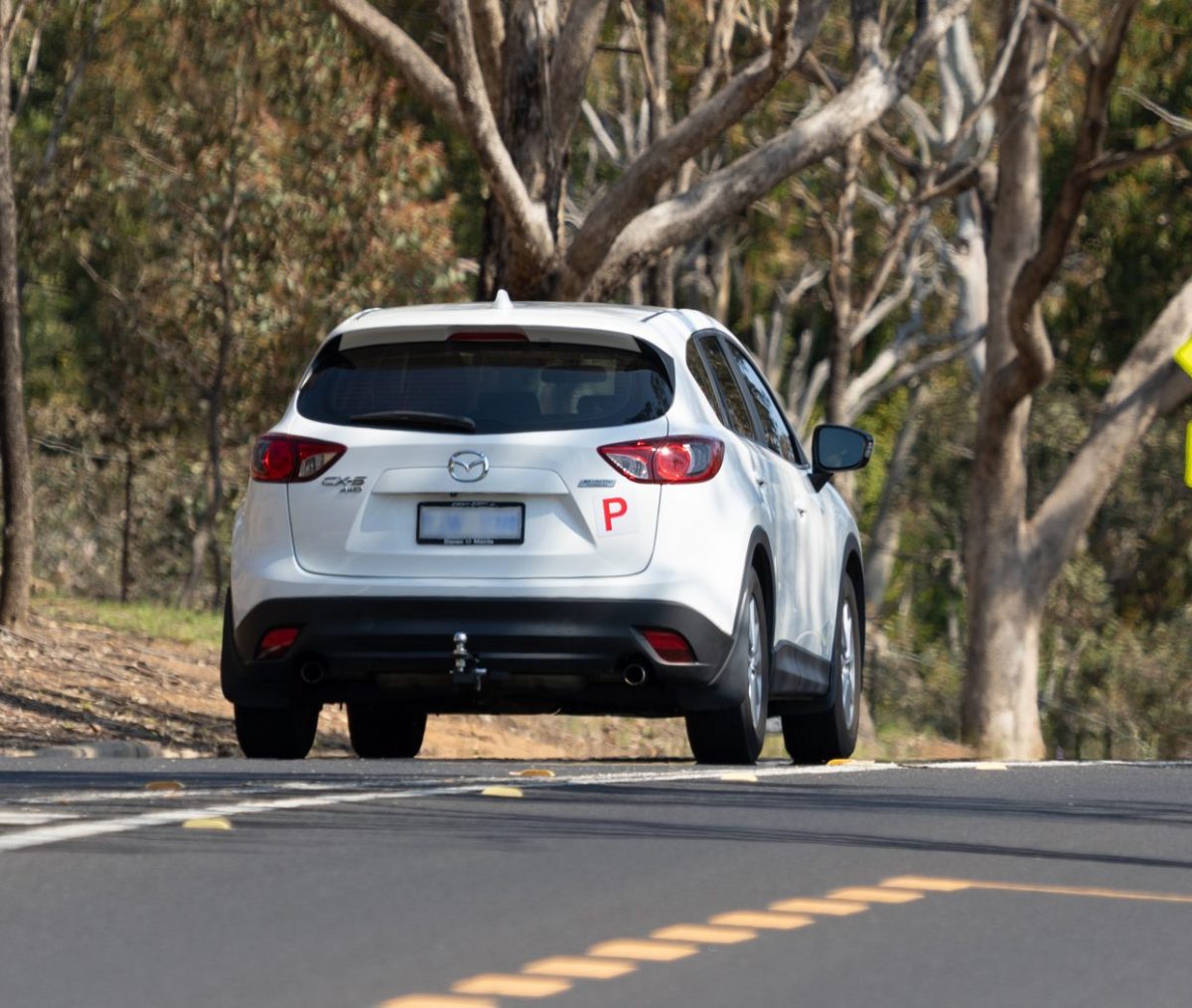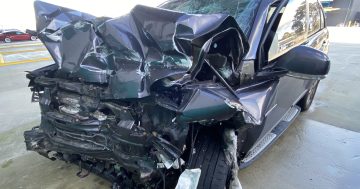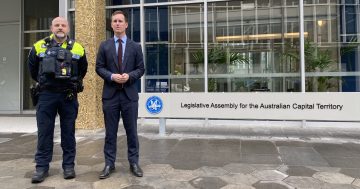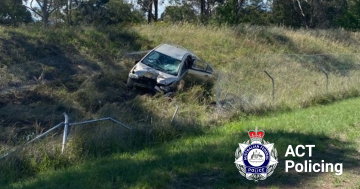
P-platers are three times more likely than fully licenced drivers to be in a car accident resulting in injury. Photo: Michelle Kroll.
There is nothing more tragic than a young life lost too soon – and it’s even worse when it’s the result of a car accident that could have been avoided. It’s a senseless death, and it’s hard to imagine how the parents and family of young people lost on the roads due to reckless driving reconcile their grief and loss.
Last month, a 16-year-old driver pled guilty to causing the deaths of two teenage girls after a crash on the Monaro Highway on 9 October. He was driving as an unsupervised learner driver. While in this case the driver should not have legally been behind the wheel, some statistics show that P-platers are three times more likely than fully licenced drivers to be in a car accident resulting in injury.
So for some, a logical step to limit more road deaths and accidents would be to raise the age for young people to acquire their learner permits and P-plates. But would it really make a difference to make young drivers wait longer to get behind the wheel? Or would it create unintended consequences in the community?
For many of us, getting our licence was a very important step in our growth and independence as we came of age. I grew up in Queanbeyan in the late 90s and early 2000s, and public transport between Queanbeyan and Canberra was expensive and inconvenient, especially on a weekend. To get a job and contribute financially, I scoured for local opportunities I could walk to.
As soon as I hit the age requirement, I sat the test to get my learner’s permit and committed myself to learn to drive. Once I had a licence, I could drive to and from school, saving my busy parents the important time they needed to work on their business. I could do chores, pick up groceries, take myself to work. I shared a car with my siblings, so it wasn’t fully fledged freedom, but it made an astronomical difference in my life.
For many young people, driving is a key factor in their ability to gain employment, access services and connect with their communities. It’s even more crucial in a place like Canberra, which has less than ideal public transport options, especially if you live in the outer suburbs.
Importantly, if you look at the statistics more closely, while a P-plater might be three times more likely to get into an accident than a fully licenced driver, most road accidents are still caused by drivers between the ages of 25 and 60. And let’s not forget, not all P-platers are young people – people get their licence at any age.
It’s easy to equate youth with recklessness and assume that age is the defining factor behind road fatalities involving young people. But the reality is, there is usually much more at play than simply the age of the people involved. Ultimately, suppose we want to address road deaths in the ACT. In that case, we need to look at better road safety education, more effective enforcement and deterrence measures, and assessing the safety of our major roads.
But let’s not argue about cutting our young people off from a key part of their growth and access to independence.





















